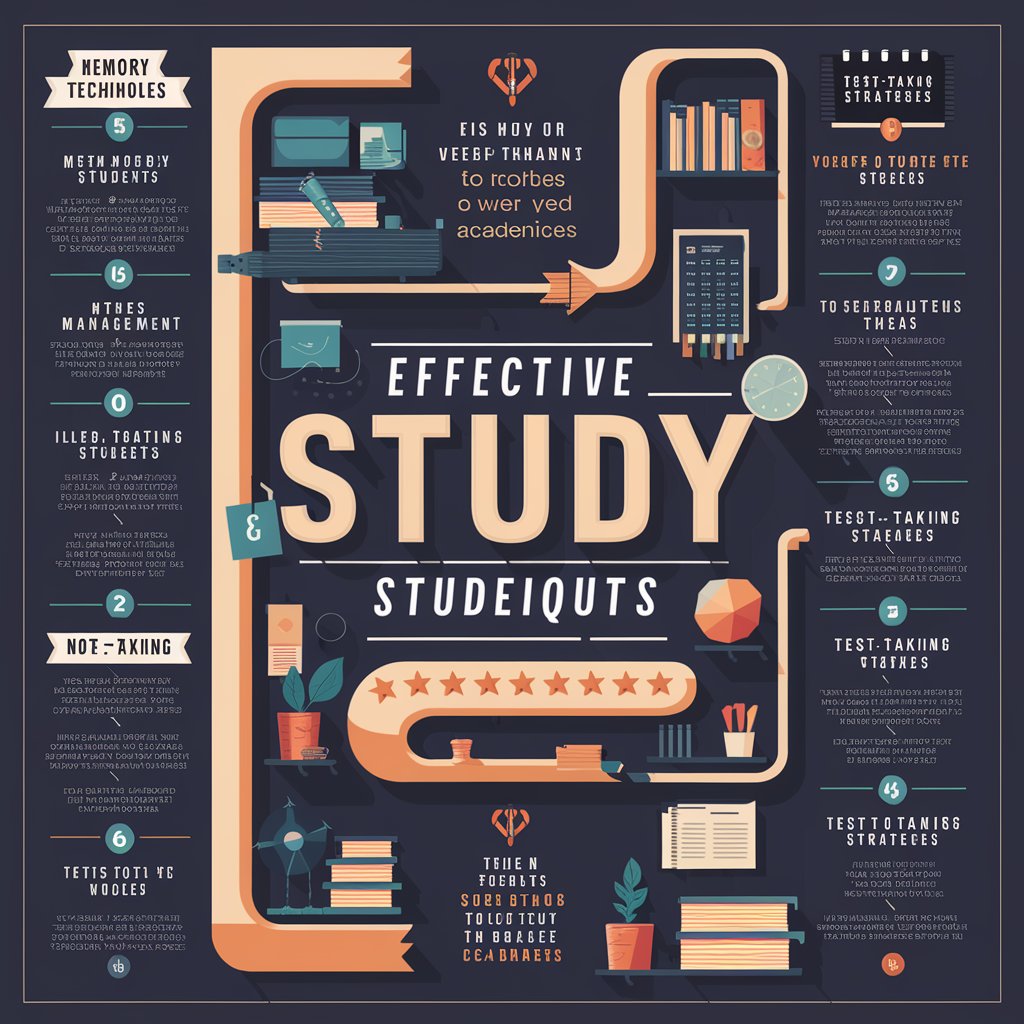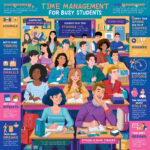
College life presents a whirlwind of opportunities and challenges, with academic success often hinging on effective study techniques. Whether preparing for exams, writing essays, or mastering complex concepts, adopting proven study strategies can significantly enhance learning outcomes. This article delves into essential techniques that empower college students to study smarter, not just harder.
Setting the Stage for Success
1. Create a Dedicated Study Space
Establishing a conducive study environment is crucial for concentration and productivity. Designate a quiet corner or room with good lighting, comfortable seating, and minimal distractions. Keep study materials organized and within reach to minimize interruptions and maximize focus during study sessions.
2. Develop a Study Schedule
Consistency is key to effective studying. Create a weekly or daily study schedule that aligns with your academic goals and personal preferences. Allocate specific time blocks for different subjects or tasks, allowing for breaks to maintain mental freshness and prevent burnout.
Active Learning Strategies
3. Engage in Active Recall
Instead of passive reading, actively engage with the material by practicing active recall. Quiz yourself on key concepts, summarize readings in your own words, or teach the material to a study partner. Actively retrieving information strengthens memory retention and reinforces understanding.
4. Utilize Effective Note-Taking Techniques
Effective note-taking is essential for capturing key ideas and organizing information. Experiment with different methods such as Cornell notes, mind mapping, or bullet points to find what works best for you. Summarize lectures and readings, highlight important points, and integrate personal insights for deeper comprehension.
Enhancing Comprehension and Retention
5. Employ Spaced Repetition
Spaced repetition involves reviewing material at increasing intervals to reinforce memory retention. Use flashcards or spaced repetition software to revisit concepts periodically. This technique leverages the spacing effect, enhancing long-term retention compared to cramming.
6. Practice Active Reading

Approach reading assignments critically and actively. Preview the material to grasp the main ideas, annotate texts with questions or comments, and summarize each section to ensure comprehension. Engage with the text by connecting new information to prior knowledge and identifying key takeaways.
Collaborative Learning and Support
7. Form Study Groups
Joining or forming study groups can enrich your learning experience through peer interaction and collective problem-solving. Discuss challenging topics, share study strategies, and teach each other concepts. Explaining ideas to others reinforces understanding and provides different perspectives.
8. Seek Academic Support
Take advantage of resources offered by your college, such as tutoring services, writing centers, and academic workshops. Consult professors or teaching assistants for clarification on course material and guidance on effective study strategies tailored to specific subjects.
Reflecting on Progress and Adaptation
9. Review and Reflect
Regularly review your study techniques and assess their effectiveness. Identify areas of improvement and adapt your strategies based on feedback and outcomes. Reflect on your study habits, goals, and challenges to refine your approach and optimize learning efficiency.
10. Maintain Balance and Self-Care
Balancing academic commitments with personal well-being is essential for sustained academic success. Prioritize adequate sleep, nutrition, and exercise to support cognitive function and overall health. Manage stress effectively through relaxation techniques, mindfulness, and time management strategies.
Conclusion: Empowering Student Success
Mastering effective study techniques is not merely about accumulating knowledge but cultivating a mindset and skill set for lifelong learning. By integrating proactive study habits, leveraging active learning strategies, and fostering collaborative learning environments, college students can unlock their full academic potential and thrive in their educational journey.
As you navigate the challenges of college life, remember that effective studying is a continuous process of experimentation, adaptation, and growth. By embracing these proven techniques and staying committed to your academic goals, you pave the way for academic excellence and personal fulfillment.


